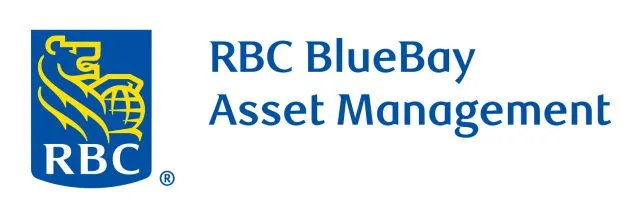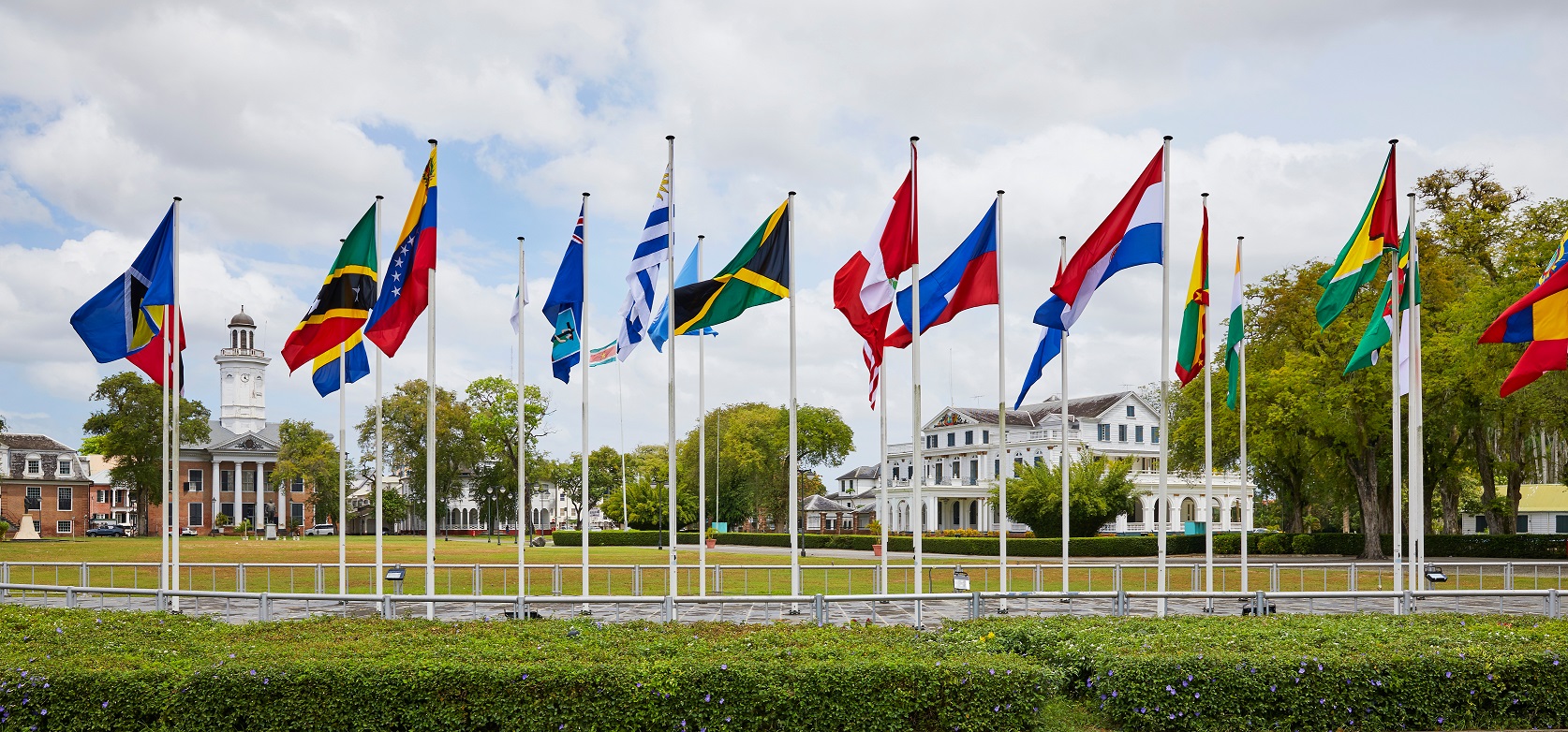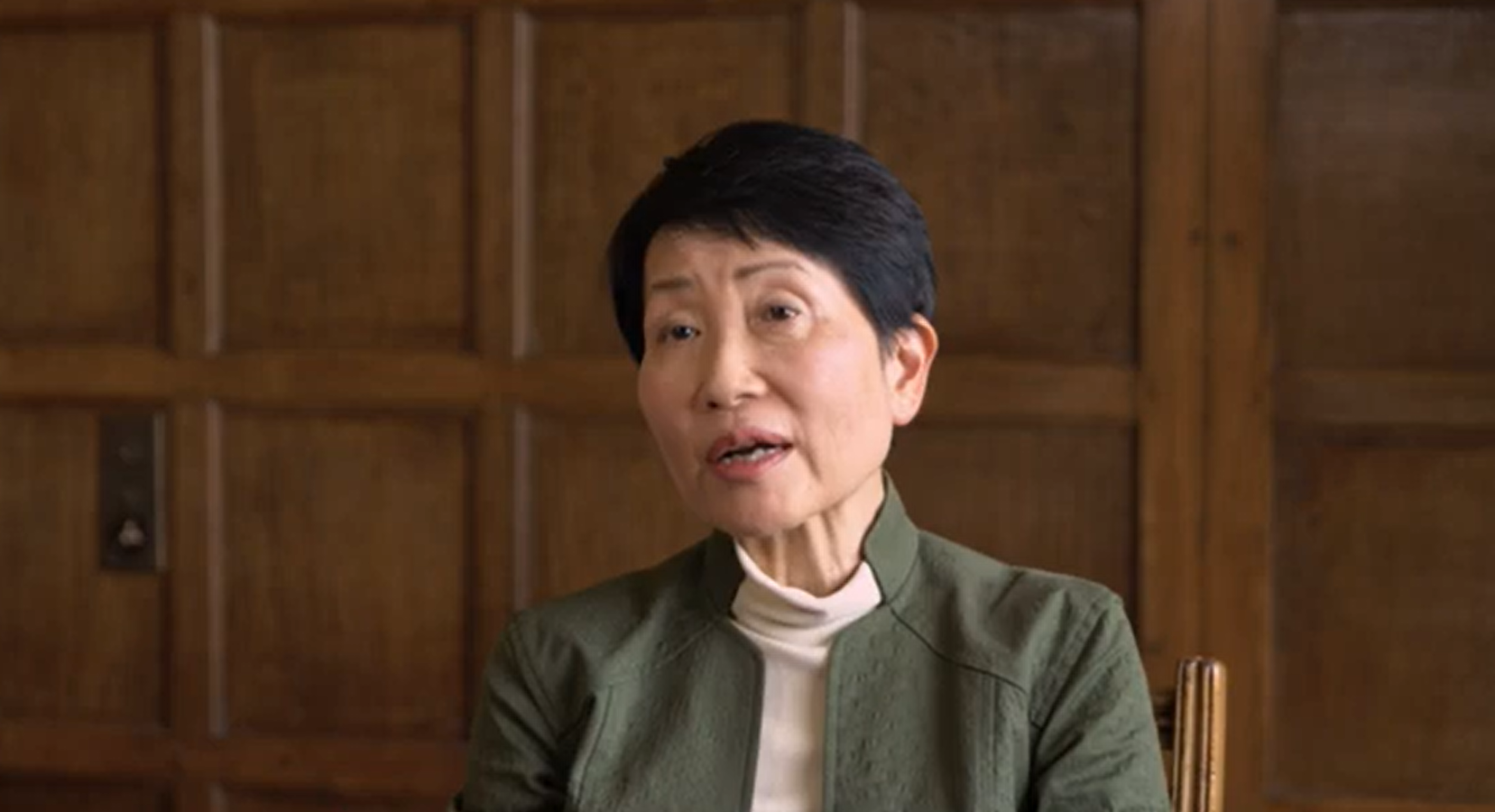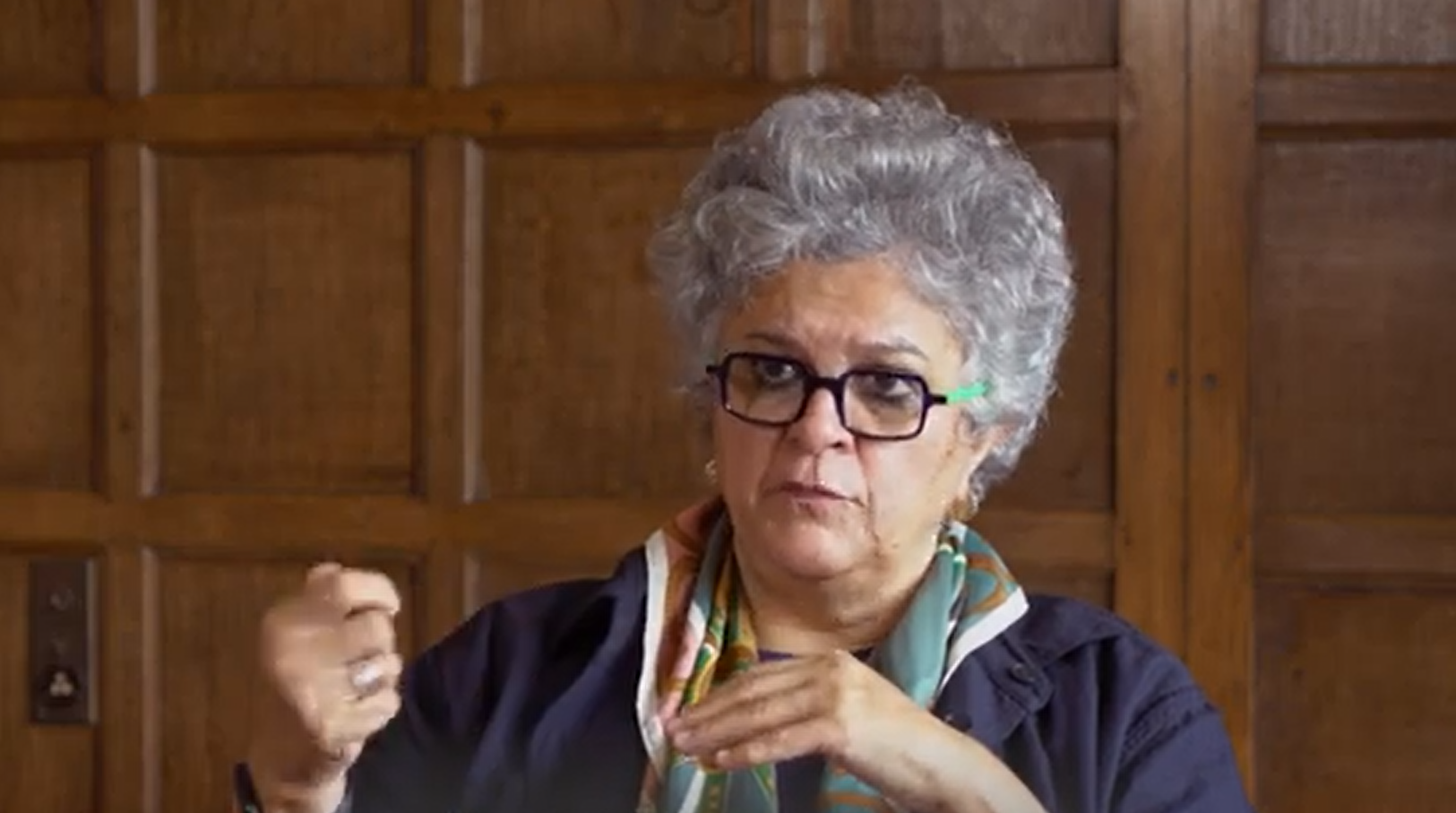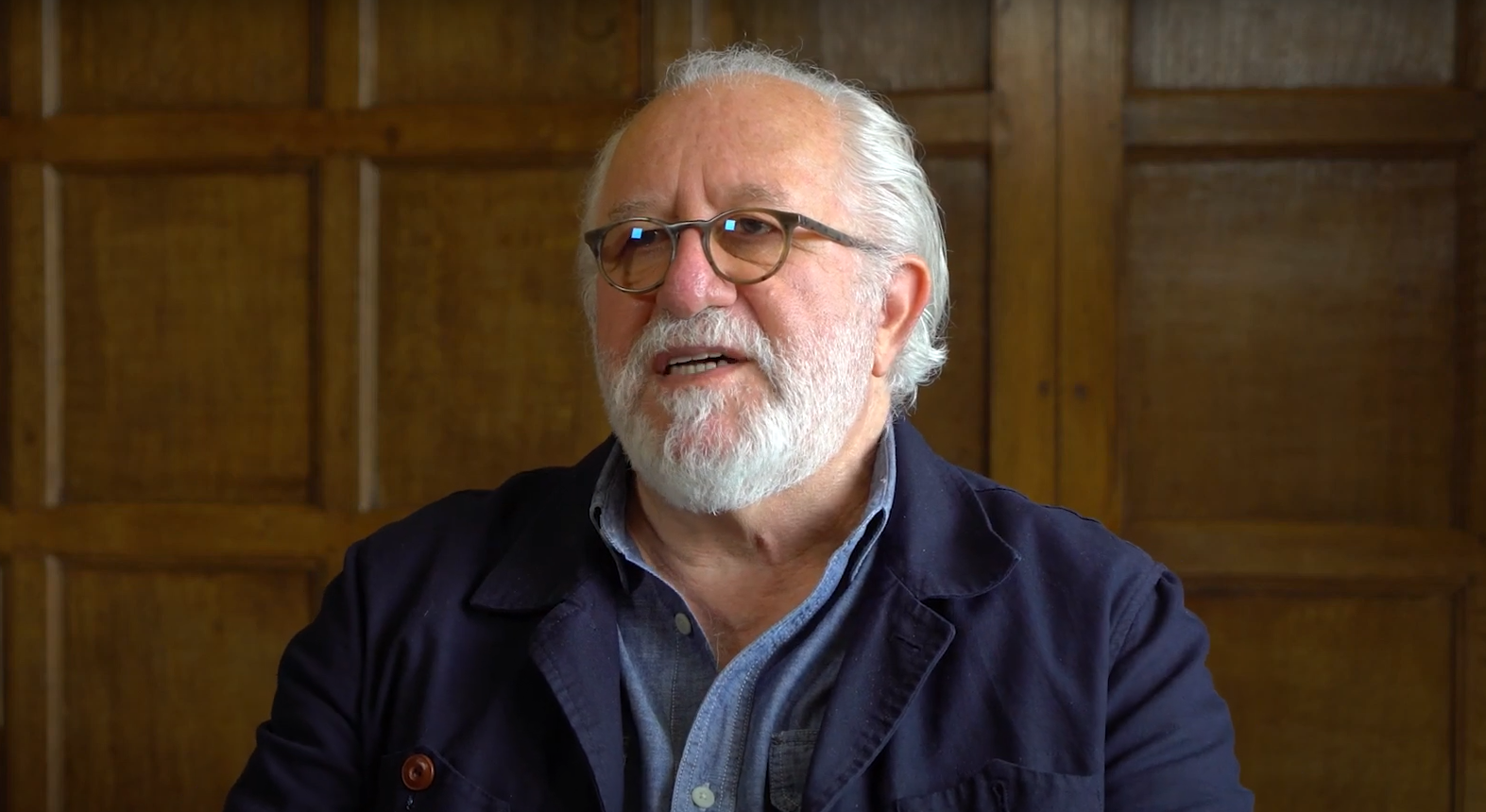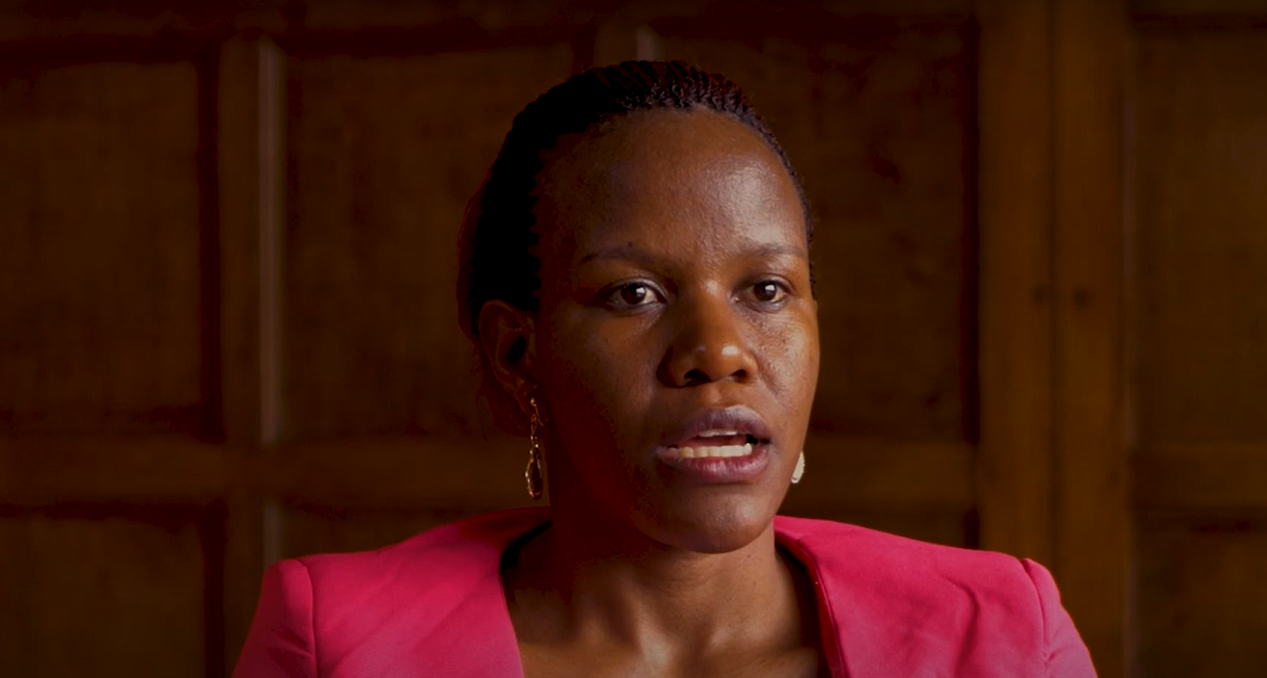Governments around the world responded to the COVID-19 pandemic with extensive fiscal, monetary, and financial stimulus packages. While these measures were aimed at addressing the health emergency, reducing the impact of the pandemic and putting countries on a path to recovery, the additional debt burden presents major risks in many countries. The war in Ukraine is compounding this (with Ukraine itself an example a of where innovative debt restructuring is required). Many low-income (LICs) and middle-income countries (MICs) are facing high debt vulnerabilities. The IMF estimates that 60% of LICs are already in (15%) or at high risk (45%) of debt distress and that 25% of MICs are also at high risk. Sustainable debt levels are vital for economic development, as well as poverty reduction.
To address the problem of unsustainable debt, the G20 and the Paris Club agreed in November 2020 to the creation of the Common Framework for Debt Treatments (beyond the Debt Service Suspension Initiative), which aims to deal with insolvency and protracted liquidity problems in eligible countries by providing debt treatments consistent with what the IMF determine is necessary to restore debt sustainability. Four countries have so far applied: Zambia, Ethiopia, Chad and Ghana. Out of these, Chad completed a debt restructuring in November 2022 and more recently, in June 2023, official creditor committee agreed a debt restructuring for Zambia.
The public and private sectors agree that there is scope for – and opportunities and benefits attached to – more innovative approaches to restructuring debt for countries in debt distress. The conference aims to break new ground and help unleash this innovation, such as with climate resilience debt clauses (CRDCs) and majority voting provisions (MVPs). It will however also aim to contribute indirectly to ongoing, relevant initiatives, notably the Global Sovereign Debt Roundtable and the G20 International Financial Architecture Working Group.
In association with

